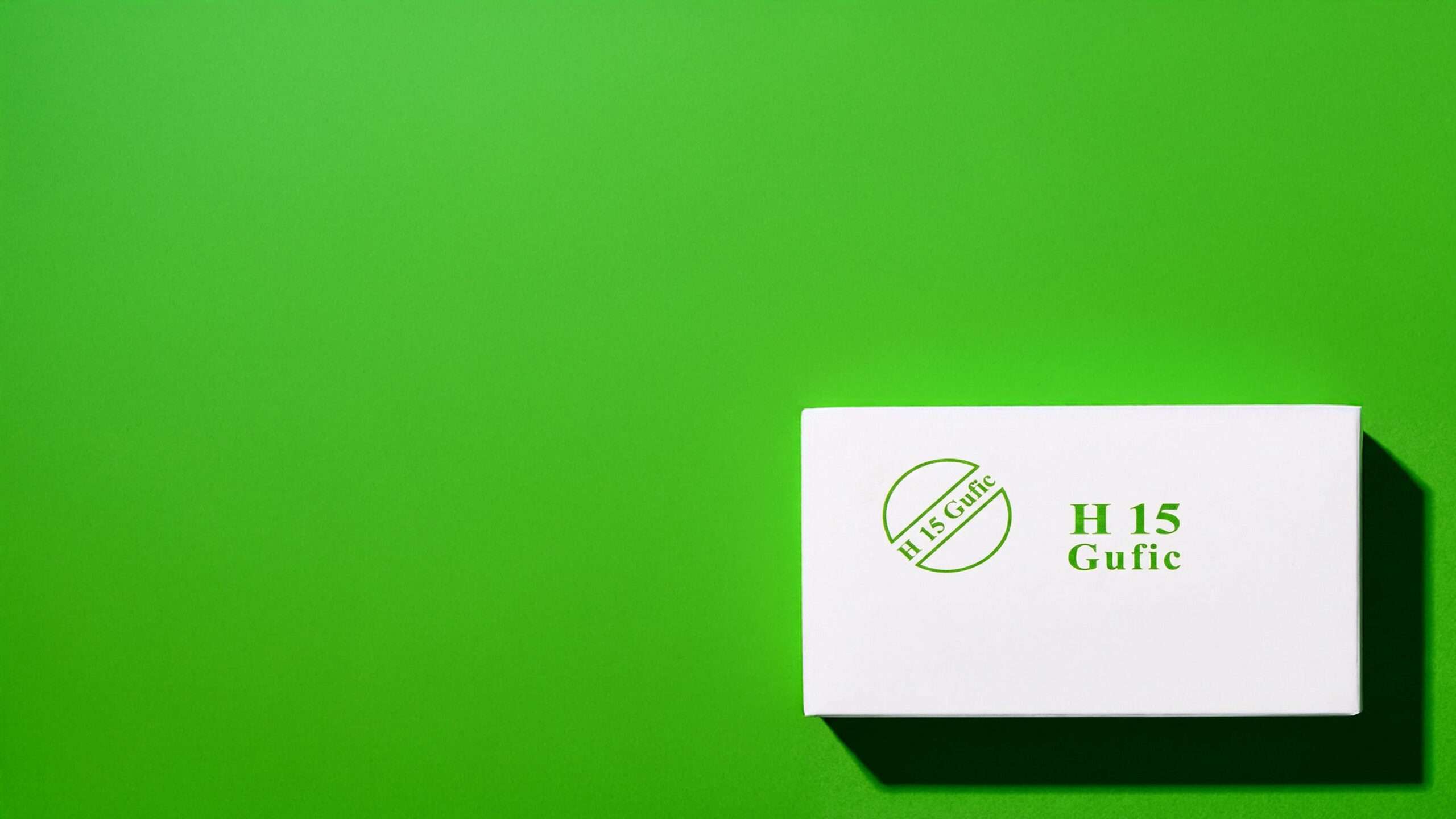
commercial designation
and
Trademarks.
commercial designation
and
Trademarks.
Marken und andere Kennzeichen sind staatliche Monopolrechte: Vertrauen Sie unseren erfahrenen Anwälten im Markenrecht, um Marken zu schützen, zu verteidigen und gegen markenrechtliche Ansprüche erfolgreich durchzusetzen oder abzuwehren.
Lawyers for trademark law
Das Markenrecht dient dem Schutz von Kennzeichen, mit denen Unternehmen ihre Waren und Dienstleistungen, von denen der Konkurrenz unterscheiden. Das Markenrecht gewährt dem Inhaber einer Marke das ausschließliche Recht, diese für bestimmte Waren und Dienstleistungen zu benutzen.
Markenschutz wird jeweils nur für ein bestimmtes Land (z.B. Deutschland oder die Schweiz) oder einen Staatenverbund (z.B. die Europäische Union oder die Benelux-Staaten) gewährt. Marken müssen daher in allen Ländern, in denen Schutz gewünscht wird, angemeldet werden. Dabei kann auch eine internationale Registrierung genutzt werden, um die Anmeldung in verschiedenen Ländern zu bündeln.
Companies benefit from a strong trademark that not only creates recognition value, but also has considerable value as an economic asset. With protected trademarks, investments in image, reputation and branding can be used, secured and defended sustainably and effectively.
trademark strategy
Bereits vor der Anmeldung einer Marke ist es wichtig, sich Gedanken über die richtige Markenstrategie zu machen. Dabei gilt es, die Ziele, die mit der Marke verfolgt werden sollen, zu erkennen und zu definieren. Weiters sind die richtigen Markenformen zu wählen um einen bestmöglichen Schutz zu gewährleisten. Auch müssen bereits bestehende Rechte Dritter berücksichtigt werden, um nicht nach der Markenanmeldung als erstes eine Abmahnung wegen Verletzung älterer Rechte zu erhalten.
It should therefore be checked in advance whether there are any obstacles to protection under trademark law and whether older trademarks and commercial designations may conflict in order to avoid encountering problems in the application process or even being ceased and desist letters for trademark infringement. A professional similarity search can determine whether there are older trademarks that could be problematic.
The right trademark strategy often determines the commercial success of a product or service. Although trademarks can also be registered without the help of a lawyer, it is usually extremely difficult to effectively protect trademarks and prevent infringements without professional legal support.
trademark protection
Trademark protection is usually obtained by filing and registering with the respective trademark office. This is how it works in Germany, Switzerland or the EU, for example. However, there are also countries in which protection can be obtained through use, e.g. the USA.
In most countries, the trademark is granted for 10 years at a time and can be renewed again and again so that, unlike all other industrial property rights, the trademark can be protected indefinitely.
Once in force, the trademark grants its owner the exclusive law to exploit it commercially or to license it to third parties.
When it comes to trademark protection, we support companies with
- Advice on trademark strategy
- Trademark searches to avoid collisions with existing rights
- Registration of trademarks at the DPMA, the EUIPO, the WIPO and in other countries worldwide
- Representation in opposition and cancellation proceedings before the authorities
- Extrajudicial and judicial enforcement of trademark rights against infringements
- Defense against unjustified warnings under trademark law
- Advice on and drafting of trademark license agreements
Certification mark and collective mark
Neben der klassischen Individualmarke gibt es besondere Markenformen, die spezielle Funktionen erfüllen: die Gewährleistungsmarke und die Kollektivmarke. Beide unterscheiden sich in ihrer Schutzfunktion und Nutzung wesentlich von der klassischen Marke und spielen in der Markenstrategie von Unternehmen, Verbänden und Zertifizierungsstellen eine besondere Rolle.
A certification mark is used to guarantee certain properties, quality features or other special features of a product or service. In contrast to a classic trademark, which a company uses to identify its own products, a certification mark cannot be used by the trademark owner itself. Instead, it is awarded by an independent body that ensures that the certified products or services meet specified standards. Typical cases of certification marks are seals of quality.
A collective mark is registered by an association or organization and may only be used by its members. It is used to identify the origin of goods or services from members of a particular association and to distinguish them from non-affiliated suppliers. Typical examples are food producer associations.
Why is trademark law so important?
Trademark law protects not only companies but also consumers against confusion and misleading information. A registered trademark grants its owner the exclusive law to use the protected sign for the registered goods or services.
A trademark offers numerous advantages:
- Protection against free riders and copycats
- Possibility of customs seizure in the event of product piracy
- Possibility of licensing or selling the trademark
- Increasing the value of the company
- Unique position in the market
When does a trademark infringement occur?
Trademark infringement occurs when third parties use a protected trademark without the consent of the trademark owner in an identical form or in a way that leads to a likelihood of confusion. In the case of well-known trademarks, exploitation of the reputation or distinctiveness may also be sufficient for an infringement. Typical cases are
- Import or export of trademarked goods to other countries without consent
- Unauthorized use of trademarks in online advertising
- Conscious or unconscious reference to existing trademarks
- Distribution of counterfeit products
Eingriffe in das Markenrecht können effektiv durch Abmahnung, einstweilige Verfügung und andere Instrumentarien abgewehrt und Ansprüche auf Unterlassung, Auskunft, Schadensersatz, Beseitigung und Erstattung von Anwaltskosten durchgesetzt werden. Auch sind strafrechtliche Maßnahmen und Beschlagnahmungen durch den Zoll bei Ein- und Ausfuhr rechtsverletzender Waren möglich.
Expert legal advice is therefore recommended if the difficulties and uncertainties of trademark law described above are to be avoided and trademarks and other commercial designations are to be effectively protected.
We are here to
advise you on
Trademark law!

Abmahnung und Rechtsdurchsetzung im Markenrecht
As a rule, trademark infringements – except in cases of trademark piracy – are initially asserted by means of a cease and desist letter. This contains a request to cease and desist, often combined with a cease and desist declaration, as well as the assertion of claims for information and damages, recall claims and cost reimbursement claims.
If no cease-and-desist declaration is issued, legal proceedings in the form of an interim injunction or a lawsuit regularly follow.
In addition, law enforcement and customs authorities can be involved in trademark infringements, e.g. to seize infringing products upon import.
Received a cease and desist letter?
How to react
You are best advised to
cease and desist letter!
A cease and desist letter, e.g. for infringement of competition law, industrial property rights or copyright, should always be taken seriously, as it can have considerable legal and financial consequences.
Timely and professional advice is crucial in order to minimize risks and develop the right strategy.
- Check cease and desist letter: Have the cease and desist letter legally checked. Not every cease and desist letter is justified, formally correct and abusive cease and desist letters are unlawful.
- Observe the deadline: Be sure to respond within the set deadline to avoid further legal action such as an injunction or a lawsuit.
- Check the cease-and-desist declaration: Do not sign a pre-formulated cease-and-desist declaration without legal advice. It could be too far-reaching and lead to considerable and lasting disadvantages. Once a cease-and-desist declaration has been signed, it is almost impossible to get rid of it and can result in considerable follow-up costs in the form of high contractual penalties.
- Strategy: Regardless of whether the cease and desist letter is justified or not, you should consider the right strategy for responding to the cease and desist letter with professional support. Many aspects play a role here. For example, there may be formal errors or the submission of a cease-and-desist declaration may involve incalculable risks.
Our expertise in trademark law
Trademark law is complex, international and subject to constant changes and developments in case law. This requires experienced advisors and knowledge of current case law and legal changes in the relevant countries and territories.
In the field of trademark law, we have a team of highly specialized experts and lawyers with many years of experience in advising on, registering and defending trademark rights in Germany and abroad and in enforcing and defending against trademark claims. Thanks to our international network of trademark attorneys in many countries around the world, we can support and enforce our clients’ trademark rights worldwide.
Our services include, for example
- Strategic advice on trademark protection
- Registration, monitoring and management of trademark rights worldwide
- Representation in disputes and proceedings before the trademark offices
- Drafting of trademark law contracts and agreements, e.g. license agreements
- Enforcement of trademark claims for rights holders against infringers
- Defense against unjustified warnings, temporary injunctions and legal action
- Implementation of customs seizure procedures in the fight against product and brand piracy
We represent our clients in trademark law nationwide before all German courts and the DPMA, as well as before the EUIPO and the courts of the EU, the IPI and the WIPO. We also represent our clients worldwide before courts and trademark offices via colleagues from our international network.
Our team
im Markenrecht
Our team
im Markenrecht
Significant laws in the
Trademark law
Significant laws in the
Trademark law

- Trademark Act (MarkenG)
- European Union Trade Mark Regulation (EUTMR)
- Directive (EU) 2015/2436 to approximate the laws of the Member States relating to trademarks (Trademarks Directive)
- Madrid Agreement concerning the International Registration of Trademarks (MMA)
- Protocol relating to the Madrid Agreement concerning the International Registration of Trademarks (PMMA)
Frequent
Questions About the
Trademark law.
Frequent
Questions About the
Trademark law.
What is a trademark in the legal sense?
A trademark is a legally protected commercial designation that serves to distinguish the goods or services of one company from those of other companies. It can consist of words, letters, numbers, images or other trademark forms . By registering a trademark with the respective trademark office, the owner receives the exclusive law to use this sign for the registered goods and services and to prohibit third parties from using it.
How do you obtain trademark protection?
Trademark protection is usually established by registering the trademark in the trademark register of the respective office. An application must be filed in which the trademark and the goods and services for which it is to be protected are precisely described. The list of goods and services can no longer be extended after the application, but it can be restricted. After successful examination, the trademark is registered and published. In certain cases and countries (e.g. USA), trademark protection can also arise from the mere use of a sign in the course of trade.
What does it cost to register a trademark?
The costs are made up of official fees on the one hand and the lawyer’s costs for filing on the other, whereby legal representation is not always mandatory, but is sensible and recommended. The official fees vary depending on the country and office. They depend on the number of Nice classes for which protection is sought. We offer trademark applications in Germany, Switzerland, the EU, WIPO and many other countries at all-inclusive prices.
How long is a trademark protected?
The term of protection for registered trademarks is ten years in most countries and can be extended as often as required for ten years at a time. This applies, for example, to Germany, the European Union and international registration under the Madrid system.
However, the protection periods may differ in some countries. For example, the TRIPS Agreement of the World Trade Organization (WTO) stipulates a minimum term of protection of seven years. As the protection periods for trademarks can vary internationally, it is advisable to check the specific national regulations for each country or seek expert advice to determine the exact protection periods.
What is a trademark search and why is it important?
A trademark search is used to check whether identical or similar trademarks are already registered for identical or similar goods and services before applying for a trademark. It helps to avoid potential conflicts and costly legal disputes in advance. The search should include both national and relevant international trademark registers.
While an identity search can be carried out by the user in many cases, a meaningful similarity search can usually only be carried out by experts in order to warrant a comprehensive risk assessment.
Can I have my trademark protected internationally?
In principle, a trademark can be protected in any country in the world where trademark rights exist. The following options are available, for example:
European Union trademark (EU trademark): An application to the EUIPO provides protection in all current member states of the European Union.
International registration: Via the Madrid system of the World Intellectual Property Organization (WIPO), you can apply for protection in several countries at the same time with a single application.
National applications: Alternatively, you can register the trademark directly in the individual countries in which protection is desired.
What are the requirements for registering a trademark?
There must be no absolute grounds for refusal. The trademark must be distinctive, i.e. it must be capable of distinguishing the goods or services of one company from those of other companies. The trademark must not contain any descriptive information that merely describes the type, quality or origin of the goods or services. Furthermore, there must be no other grounds for refusal, such as misleading signs or signs that are contrary to public policy.
How can I protect my trademark against infringements?
As a trademark owner, you have various options for taking action against trademark infringements:
- Cease and desist letter: You can request the infringer out of court to refrain from using the trademark and to issue a cease and desist letter.
- Temporary injunction: In urgent cases, you can obtain a fast injunction in court.
- Legal action: You can demand injunctive relief, information, compensation and the destruction of the infringing products in court.
- Customs seizure: You can instruct customs to seize infringing products upon import.
It is advisable to seek legal assistance at an early stage in the event of trademark infringements in order to effectively enforce your own laws.











